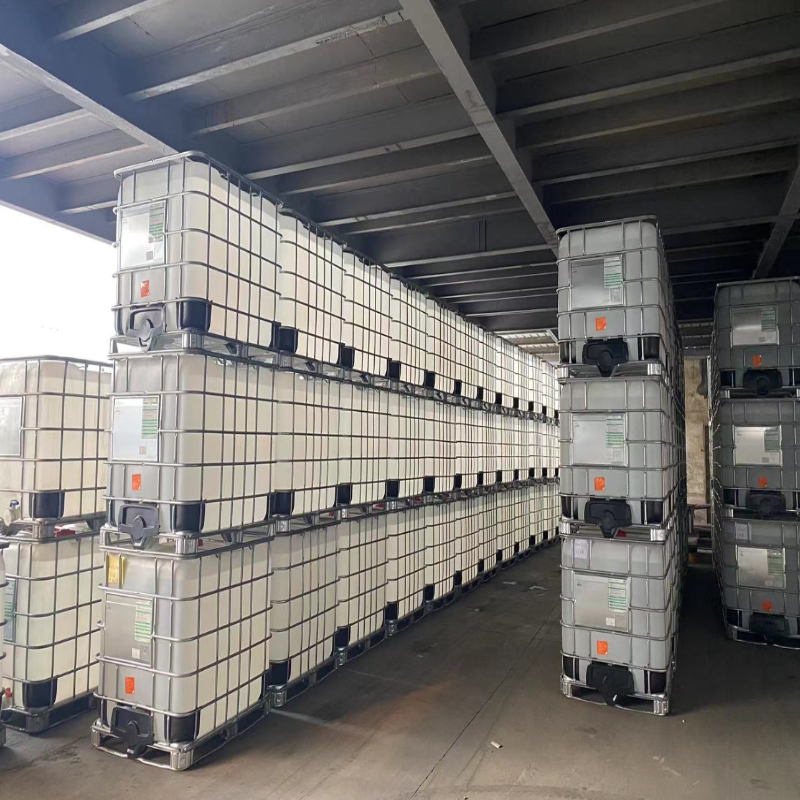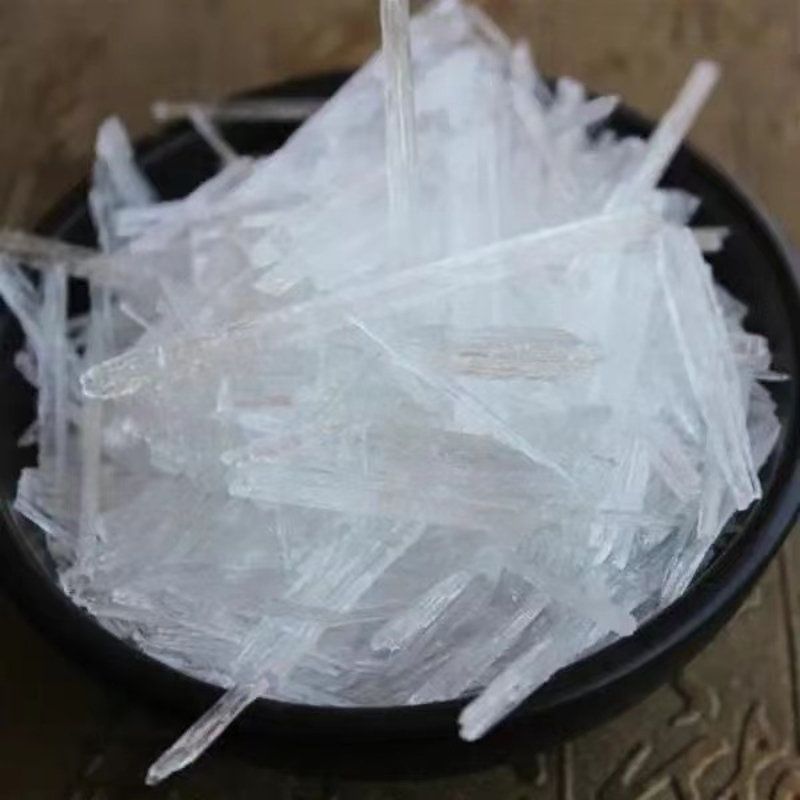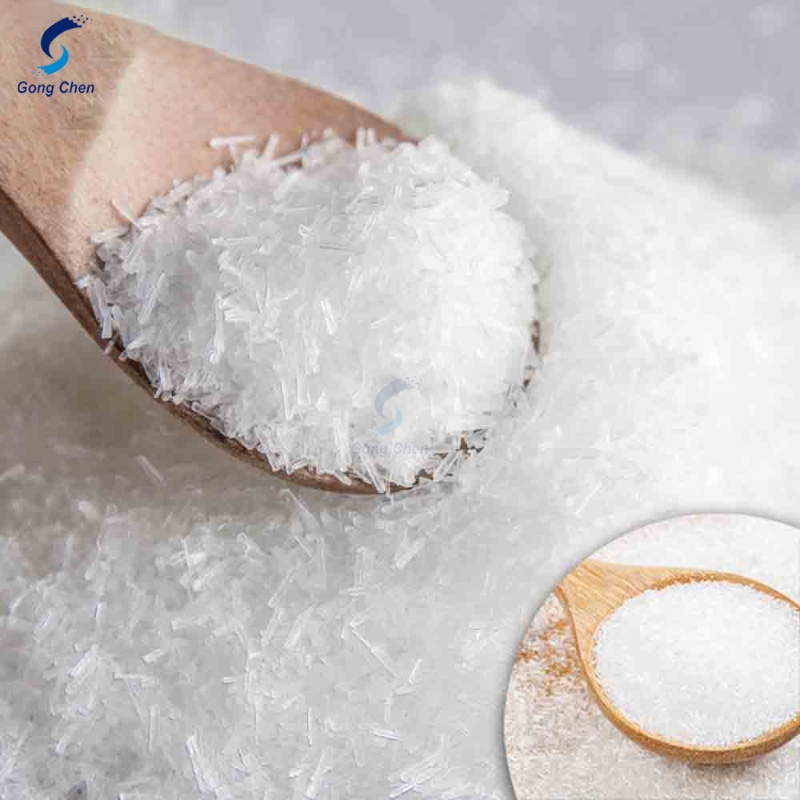-
Categories
-
Pharmaceutical Intermediates
-
Active Pharmaceutical Ingredients
-
Food Additives
- Industrial Coatings
- Agrochemicals
- Dyes and Pigments
- Surfactant
- Flavors and Fragrances
- Chemical Reagents
- Catalyst and Auxiliary
- Natural Products
- Inorganic Chemistry
-
Organic Chemistry
-
Biochemical Engineering
- Analytical Chemistry
-
Cosmetic Ingredient
- Water Treatment Chemical
-
Pharmaceutical Intermediates
Promotion
ECHEMI Mall
Wholesale
Weekly Price
Exhibition
News
-
Trade Service
In recent years, the Pukou Court has always prioritized the protection of consumers' rights and interests, insisted on protecting the legitimate rights and interests of consumers in accordance with the law, and maintained a consumption order of honesty, friendliness, and fair trade
.
.
In order to create a favorable market consumption environment and better protect the rights and interests of consumers, the Pukou Court took the case of a product seller's liability dispute to show you some knowledge about consumer rights and interests
.
.
Case introduction
On December 20, 2019, the plaintiff Xu purchased a pack of radish kimchi at a supermarket in Nanjing, the defendant, at a price of 20.
90 yuan
.
Later, the plaintiff found that the radish kimchi had expired and found the defendant
.
The defendant refused to pay compensation on the grounds that the packaging
of the goods was opened .
The plaintiff called 12315 again, but it remains unresolved
.
The plaintiff provided a screenshot of the shopping receipt and the transfer of 8.
60 yuan in it through Alipay, and also provided the physical object of radish kimchi.
The production date on its packaging was September 16, 2019, and the shelf life was 3 months
.
90 yuan
.
Later, the plaintiff found that the radish kimchi had expired and found the defendant
.
The defendant refused to pay compensation on the grounds that the packaging
of the goods was opened .
The plaintiff called 12315 again, but it remains unresolved
.
The plaintiff provided a screenshot of the shopping receipt and the transfer of 8.
60 yuan in it through Alipay, and also provided the physical object of radish kimchi.
The production date on its packaging was September 16, 2019, and the shelf life was 3 months
.
Plaintiff please
The defendant was ordered to refund the purchase price of 20.
9 yuan and compensate the plaintiff for the loss of 1,000 yuan
.
9 yuan and compensate the plaintiff for the loss of 1,000 yuan
.
Defendant argues
The goods provided by the plaintiff could not be proved to be purchased from the defendant, and the plaintiff had insufficient evidence, and requested the court to dismiss the plaintiff's claim
.
.
the court held that
The evidence provided by the plaintiff can prove that the plaintiff purchased the items involved in the case from the defendant, and the two parties established a sales contract
.
According to Article 64 of the Civil Procedure Law of the People's Republic of China, the parties have the responsibility to provide evidence for their claims
.
The defendant argued that the commodity had been sold, and denied that the commodity involved in the case provided by the plaintiff was purchased from the defendant
.
Regarding the evidence provided by the plaintiff for the purchase of the goods involved, the defendant failed to provide evidence to prove its point of view, and the defendant should bear the unfavorable legal consequences
.
.
According to Article 64 of the Civil Procedure Law of the People's Republic of China, the parties have the responsibility to provide evidence for their claims
.
The defendant argued that the commodity had been sold, and denied that the commodity involved in the case provided by the plaintiff was purchased from the defendant
.
Regarding the evidence provided by the plaintiff for the purchase of the goods involved, the defendant failed to provide evidence to prove its point of view, and the defendant should bear the unfavorable legal consequences
.
According to Article 34 of the " Food Safety Law of the People's Republic of China ": "The production and operation of the following foods, food additives, and food-related products are prohibited: (10) Foods and food additives with false production dates, expiration dates, or beyond the expiration dates.
" Article 148: "Consumers who suffer damage to food that does not meet the food safety standards may claim compensation from the operator or the producer
.
The producer or operator who receives the consumer's request for compensation shall The first responsibility system is implemented, and compensation is paid first, and no shirk shall be allowed; if it is the responsibility of the producer, the operator has the right to seek compensation from the producer after making compensation
; For food that meets the safety standard or food that it knows does not meet the food safety standard, the consumer may, in addition to claiming compensation for the loss, also ask the producer or operator to pay ten times the price or three times the loss; the amount of increased compensation is not enough One thousand yuan is one thousand yuan
.
However, there are exceptions in the labels and instructions of the food that do not affect food safety and do not mislead consumers.
” In this case, the supermarket sales case involved more than 1,000 radish kimchi.
Warranty period, in violation of the above-mentioned legal provisions, the plaintiff's claim for the defendant to return the payment of 20.
90 yuan and compensate 1,000 yuan is supported by factual and legal basis
.
" Article 148: "Consumers who suffer damage to food that does not meet the food safety standards may claim compensation from the operator or the producer
.
The producer or operator who receives the consumer's request for compensation shall The first responsibility system is implemented, and compensation is paid first, and no shirk shall be allowed; if it is the responsibility of the producer, the operator has the right to seek compensation from the producer after making compensation
; For food that meets the safety standard or food that it knows does not meet the food safety standard, the consumer may, in addition to claiming compensation for the loss, also ask the producer or operator to pay ten times the price or three times the loss; the amount of increased compensation is not enough One thousand yuan is one thousand yuan
.
However, there are exceptions in the labels and instructions of the food that do not affect food safety and do not mislead consumers.
” In this case, the supermarket sales case involved more than 1,000 radish kimchi.
Warranty period, in violation of the above-mentioned legal provisions, the plaintiff's claim for the defendant to return the payment of 20.
90 yuan and compensate 1,000 yuan is supported by factual and legal basis
.
Court decision
According to Articles 34 and 148 of the Food Safety Law of the People's Republic of China and Article 64 of the Civil Procedure Law of the People's Republic of China, the judgment is as follows:
1.
The defendant, a supermarket in Nanjing, refunded the plaintiff Xu a small radish pickle of RMB 20.
90 within five days from the date when this judgment took effect;
The defendant, a supermarket in Nanjing, refunded the plaintiff Xu a small radish pickle of RMB 20.
90 within five days from the date when this judgment took effect;
2.
The defendant, a supermarket in Nanjing, shall pay the plaintiff Xu a compensation of RMB 1,000 within five days from the date when this judgment takes effect
.
The defendant, a supermarket in Nanjing, shall pay the plaintiff Xu a compensation of RMB 1,000 within five days from the date when this judgment takes effect
.
If the monetary payment obligation is not performed within the period specified in this judgment, the debt interest during the period of delayed performance shall be doubled in accordance with the provisions of Article 253 of the Civil Procedure Law of the People's Republic of China
.
.
Judge reasoning
Consumer rights protection must preserve relevant invoices, contracts and other documents of the purchased products as evidence of the source of purchase, to prevent sellers or producers from refusing to recognize their sales or production relationship because they have no relevant evidence
.
.
.







